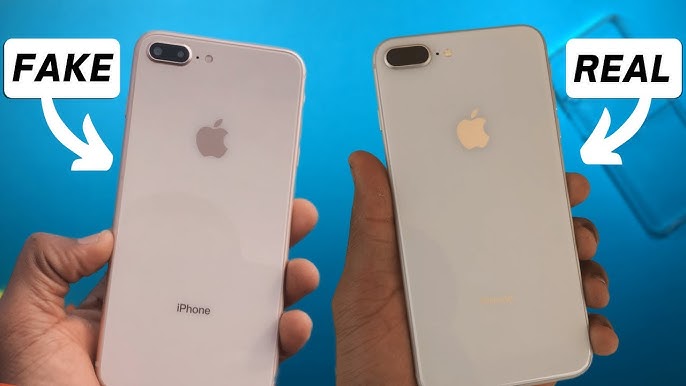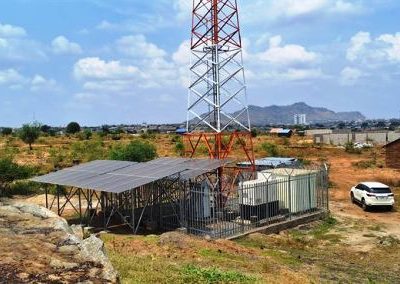New IMEI-Based Tracking Technology to Secure Nigeria’s Mobile Device Market
After years, the Nigerian Communications Commission (NCC) has officially launched a Device Management System (DMS). This is a decisive move to curb the spread of counterfeit, cloned, and stolen mobile devices.
The system is designed to track, block, and eliminate fake devices from Nigeria’s telecommunications networks using IMEI-based technology.
RELATED: Nokia ask for collaboration in fight against counterfeit phones
The rollout follows nearly a decade of development. It also reflects Nigeria’s growing commitment to modernize its telecom infrastructure and protect consumers. This initiative also aligns with the country’s recent migration to the NINAuth digital ID verification system. The NINAuth showcases a broader push towards digital security and network integrity.
A counterfeit phone is a fake device that mimics a legitimate brand. It can be identified by checking its unique IMEI number, and inspecting the packaging. You can also check its build quality for poor materials or spelling errors. Similarly, check by verifying the software for lag, random apps, or incorrect operating system features. Counterfeit phones pose risks, as they may lack security, function poorly, and can even be preloaded with malware.
Protecting Consumers and the Device Market
According to the NCC, the DMS aims to safeguard Nigerian consumers and mobile networks from the threats posed by substandard and counterfeit devices. These devices degrade network performance. They also pose security risks such as exposure to malware, spyware, and financial fraud through malicious apps.
“Substandard and fake devices can be prevented from connecting to networks due to the harmful impact they have on the quality of services and user safety,” the Commission stated.
The NCC estimates that up to 40% of mobile phones and tech gadgets in Nigeria are counterfeit or substandard. This staggering figure has serious implications for Original Equipment Manufacturers (OEMs) and the broader digital economy.
A Regional and Global Concern
Nigeria’s initiative mirrors efforts in other African nations. For example, Uganda recently deployed its own Simu Klear system to combat the flood of fake phones. Globally, countries have used IMEI tracking systems not only to protect their telecom ecosystems but also to recover stolen mobile devices and improve digital accountability.
The widespread availability of counterfeit phones in Nigeria has been linked to economic factors such as inflation, unemployment, and reduced purchasing power—factors that drive demand for cheaper, though often unsafe, alternatives.
Device Security and Cyber Threat Prevention
The DMS addresses emerging cybersecurity concerns, including the spread of banking trojans and other malware targeting Android devices through fake or modified apps. With over 200 million mobile users, Nigeria’s mobile landscape is a prime target for cybercriminals exploiting the vulnerabilities of substandard devices.
The Executive Vice Chairman of the NCC, Dr. Aminu Maida, has placed the DMS at the core of his regulatory agenda to strengthen network quality, protect telecom infrastructure, and enhance user safety across Nigeria.
Public-Private Partnership for Implementation
The DMS is being deployed through a Public-Private Partnership (PPP) model, ensuring collaboration across sectors to guarantee seamless integration with existing telecom infrastructure. Key components of the system include:
- IMEI-based device identification and blocking
- Real-time monitoring and data analytics
- Coordinated enforcement with mobile network operators
- Consumer awareness campaigns
The phased implementation is designed to minimize disruption for legitimate device users while gradually removing unauthorized devices from Nigerian networks.
A New Era for Telecom Regulation in Nigeria
This landmark initiative is part of the NCC’s broader strategy to protect telecom assets, enhance digital trust, and improve service quality. It complements ongoing national security efforts, including PalmPay’s recent security enhancements to combat fraud in digital financial services.
With the deployment of the DMS, Nigeria moves a step closer to a fully secured and transparent mobile ecosystem, setting a benchmark for telecom regulation across the continent.































